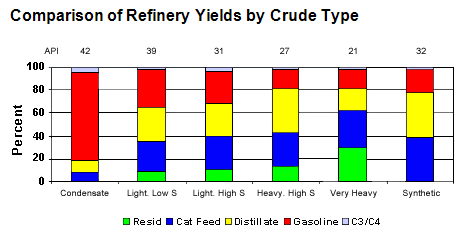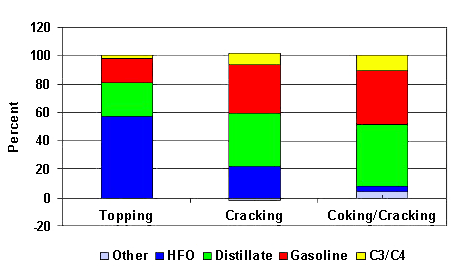On July 20, 2014 at 03:00, RTI Installer said...
But i stand on a single note and that is profits. The whole petroleum based system evolved to be what it is, and all of industry has become dependent on the system as it is.
that is always true and always meaning less. Every business is all about profits. And every business needs to do what it needs to do. Let me ask you this, 200 years ago did modern gas powered cars exist? no. There mode of transportation was the horse, you had horse breeders that raised them, you had stables that took care of them, you had smiths making and shoeing horses..... With the automobile those "industries" shriveled up but new ones took their place such as car manufacturers, mechanics, valet parking attendants....
So Gasoline is not going away anytime soon
fully agree
what I am pointing at is the economics of this process. If you take huge numbers of automobiles out of the equation, the oil industry will have an economic deficit.
so? isn't that the oil companies problem? why is it mine. If the CEO or stake holders make a bit less profit, how does it affect me?
They just cant stop refining the same amount of gasoline as it is in direct proportion to all the other products that are refined at the same time, as that is the most economical way to produce all the stuff that comes from oil, so you will have a gasoline surplus.
that is completely wrong
1) the refining process refinery and crude type will all play a difference in how much gas comes out of a barrel of oil.
Here is a nice informative source that has no reason to BS and should know what they are talking about The overall economics or viability of a refinery depends on the interaction of three key elements: the choice of crude oil used (crude slates), the complexity of the refining equipment (refinery configuration) and the desired type and quality of products produced (product slate).
look at this first chart based on crude type ( I will get aback to it in my second point)

is the red bar (gas) the same in all the bar graphs? obviously not, the lighter the crude the more gas can be extracted and the heavier the crude the less gas that can be produced
Now look at the second chart

all three refineries use the same Heavy Crude Oil but again the amount of gas produced is different because they are built for different results
That is why I said before charts like the one I posted earlier with roughly 20 gallons of gas per barrel of oil can be misleading.
2) the lighter crudes that give more gas are getting used up fast and so your hypothesis is the direct opposite of reality. As time passes if nothing changes (same amount of cars using the same amount of gas every year) we will end up needing more and more barrels of oil to get the exact same amount of gas as we get today since we will be more depended on the heavier crudes as the lighter ones get used up.
You can say well then they can burn that surplus in a plant to power electrical generators, but frankly that is not practicle or safe. Gasoline is an explosive fuel, not a slow burn fuel as would be used to heat boilers, further it would be way to costly to use gasoline as a fuel anyway. can you imagine any power plant that could afford to pay even $2.50 a gallon for fuel, when they can get natural gas at a much lower rate.
[Link: science.howstuffworks.com]that makes no sense what so ever
1) like I said before gas can be used to make electricity
--- a) I have a gas generator for my home that works on gas that I get from the same pump I get the gas for my car from
--- b) 1% of electricity in the US is made from gas (and I am not talking Natural gas, that is much higher)
--- c) also (did not point this out before) but every car out there has a gas generator in them , it is called the alternator, that is why you can drive your car, if the alternator (or alternator belt) brakes you won't get far since eventually your batter will be out of juice and there won't be a spark in the pistons to ignite the gas so that your car can move, it is also why if the battery is dead the car won't even start and you need to charge it or use jumper cables from someone else's battery (once the first spark happens and the car starts the alternator can charge it which is why you only need that spark to get it going)
2) if it is so explosive and dangerous why do you travel with your car that has a tank full of it? I know in movies and TV shows cars explode for no reason and yes gas is ignitable (like propane or any of the other similarly flammable substances) but how often have you seen an actual accident where the car exploded in real life?
3) what ever you pay a gallon is that price because speculators in the oil futures run the prices up because they know they more or less always go up. If we drive electrical cars and like you said earlier gas becomes an unwanted by product mostly good for just chucking away and crude prices drop and hurts the oil barrooms why would the electrical company be paying high prices to burn it. Like everything in this world it is a matter of supply and demand.
Last edited by Anthony on July 20, 2014 19:29.

